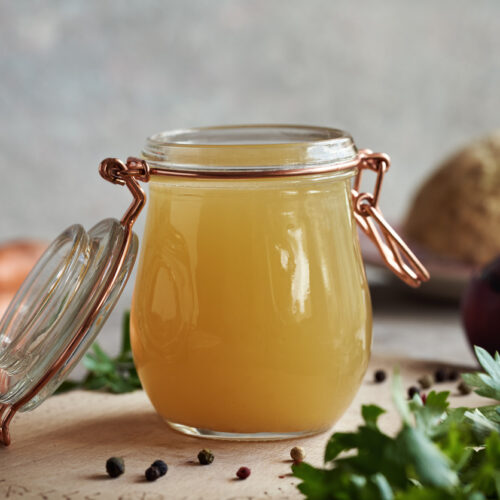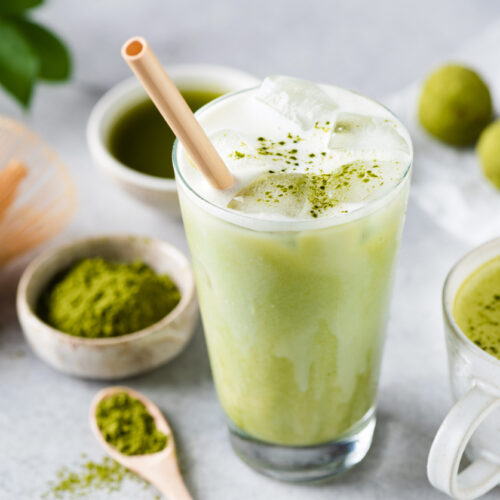
For good energy levels, you need to be physically and mentally active, eat a healthy diet, and get enough rest.
Pick things you enjoy doing physically and mentally as you will find you have more energy to do things you genuinely enjoy.
Action plan: How to keep up your energy levels
Eat well: Have regular meals and small, nutritious snacks. Include a low-glycaemic index (GI) food whenever you eat for longer-lasting energy. Oats, for example, are great for breakfast, multigrain bread for lunch, and pasta or legumes at dinner.
Maintain a healthy weight and exercise regularly: Carrying extra weight is tiring whereas being physically fit makes you feel more energetic.
Sleep well: The right quantity and quality of sleep should have you waking refreshed. The ideal amount of sleep varies from person to person.
Action plan: How to keep your mind sharp
A healthy body goes hand in hand with a healthy mind – we all want
to keep our wits about us. The most well known disorders of cognitive
decline are dementia and Alzheimer's disease. Homocysteine is an amino
acid that is thought to contribute to brain ageing. The B vitamins –
folate, B6 and B12 – are thought to help keep homocysteine levels low.
Saturated fats and trans fats appear to increase the risk of
cognitive decline while unsaturated fats reduce the risk. To keep your
mind sharp, choose foods with 'good' fats such as fish, nuts, seeds and
healthy oils and spreads over butter, cream, pastry cakes, fatty meats
and full-fat dairy foods.
Keep up your intake of B vitamins: Good sources include:
- Folate – green leafy vegetables, liver, legumes and peanuts, and breads and breakfast cereals with added folate.
- Vitamin B6 – potatoes, bananas, chicken, chickpeas, pork, beef, fish, avocado and peanuts and breakfast cereals with added B6.
- Vitamin B12 – meat, poultry, fish, dairy foods, eggs, or vegetarian foods with added B12 such as soy milk and meat substitutes.
Eat good fats: Choose unsaturated fats over saturated and trans fats.
Use it or lose it: Keep your mind stimulated with work, reading and doing puzzles such as crosswords or Sudoku.
Fast fact: Dark green vegetables such as broccoli, Asian greens and spinach help protect the heart and brain.
www.healthyfood.com










